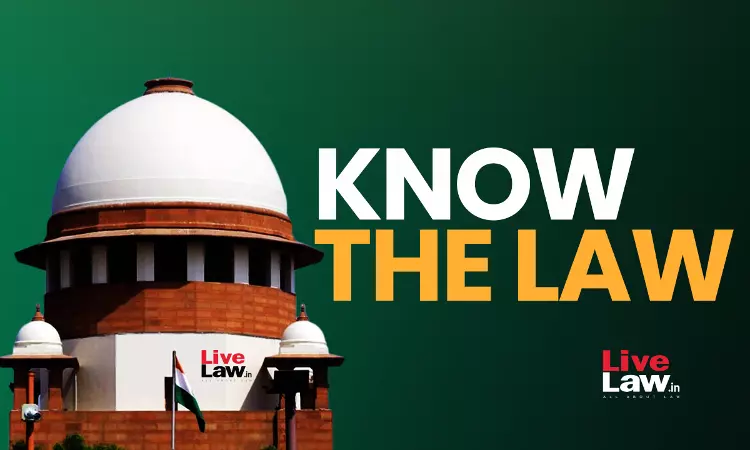The Supreme Court recently(11 Sep) emphasized that a company's criminal responsibility is recognized when it can be attributed to the actions of individual employees, directors, or officials. This approach aligns with previous legal precedents, including cases such as Tesco, Meridian Global Funds, Standard Chartered Bank, and Iridium, where corporate criminal liability was recognized based...

